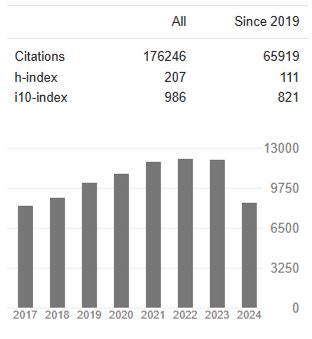Impact of Macroeconomic Parameters On Alcohol Consumption in Russia
Abstract
Razvodovsky YE, Institute biochemistry, Academy of science of Belarus
Background: A high level of alcohol consumption, a significant share in the structure of unrecorded alcohol consumption, as well as changing economic cycles, make Russia a convenient object for studying the influence of the level of income of the population on the level of alcohol consumption. Aims: to study the relationship between macroeconomic parameters and alcohol consumption in Russia at the population level.
Methods: A comparative analysis of the dynamics of the main macroeconomic indicators (gross domestic product (GDP), Gini coefficient) and the level of alcohol sales, the level of alcohol consumption, the level of consumption of unrecorded alcohol in Russia in the period from 1990 to 2015 has been carried out.
Results: GDP is positively correlated with alcohol sales (r = 0.45; p <0.021), negatively correlated with the general level of alcohol consumption (r = -0.68; p <0.000), as well as with the consumption of unrecorded alcohol (r = -0.79; p <0.000). The Gini coefficient is positively correlated with the level of alcohol sales, although this relationship is not statistically significant (r = 0.4; p <0.063). No relationship was found between the Gini coefficient and the overall level of alcohol consumption (r = 0.04; p <0.871), as well as the consumption of unrecorded alcohol (r = -0.13; p <0.576).
Conclusions: a positive relationship was found between income and the sale of alcohol, as well as a negative relationship between income and consumption of unrecorded alcohol at the population level. The data obtained substantiate the need for synchronous indexation of excise taxes on alcohol as incomes of the population grow in order to reduce the economic availability of alcohol.




